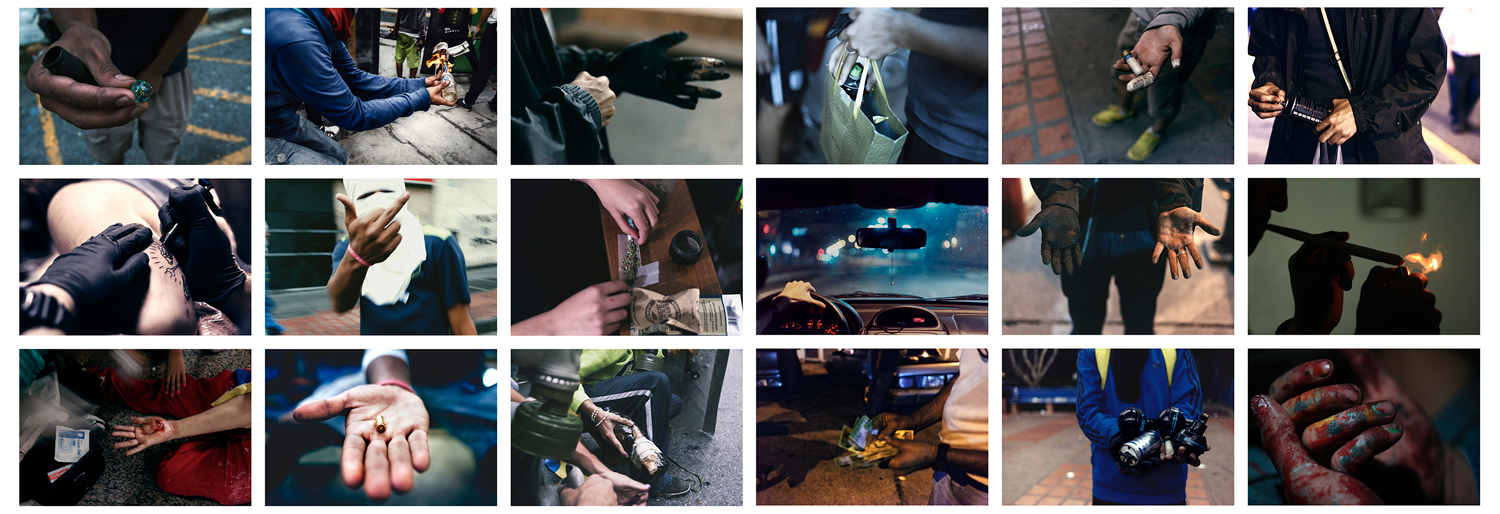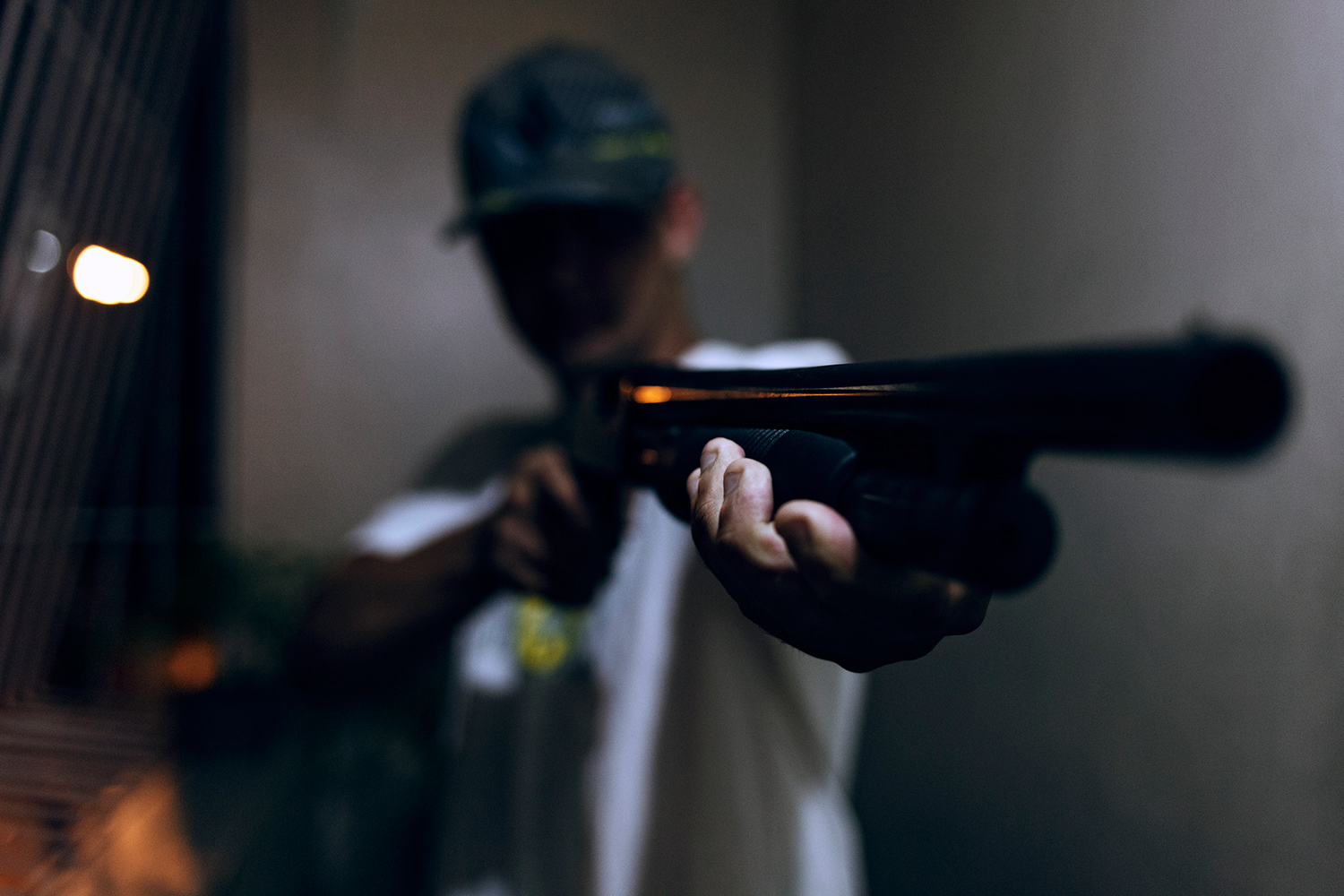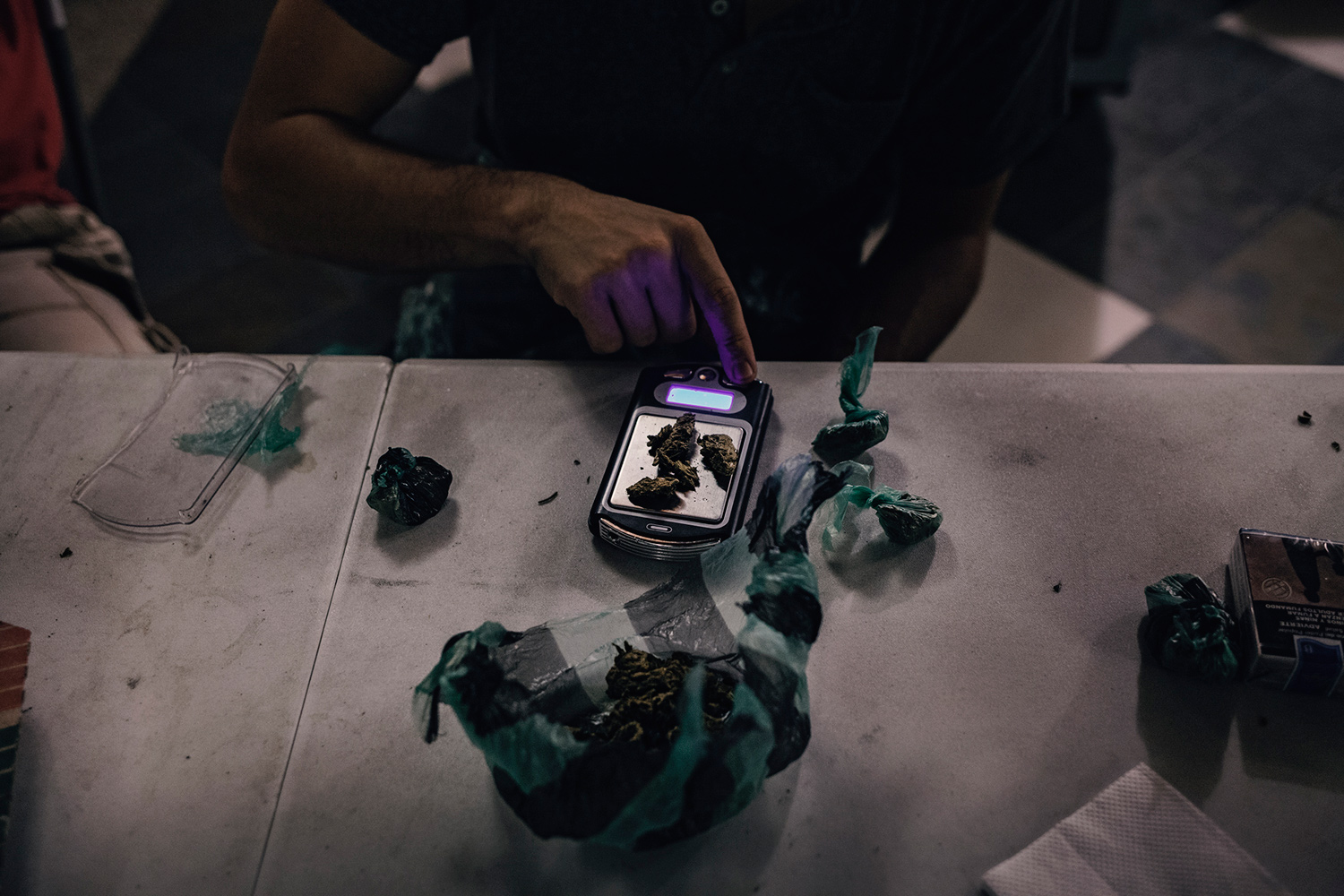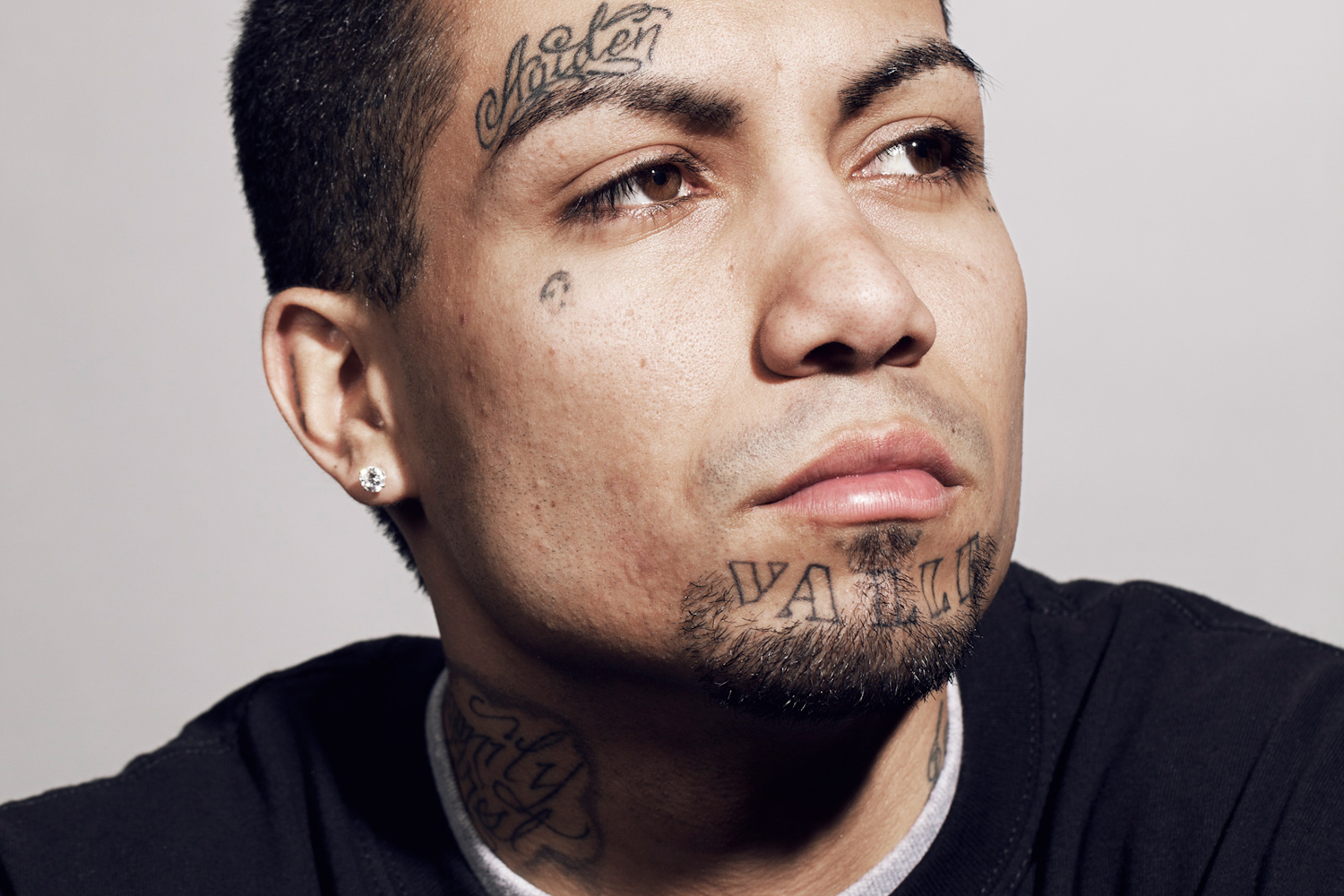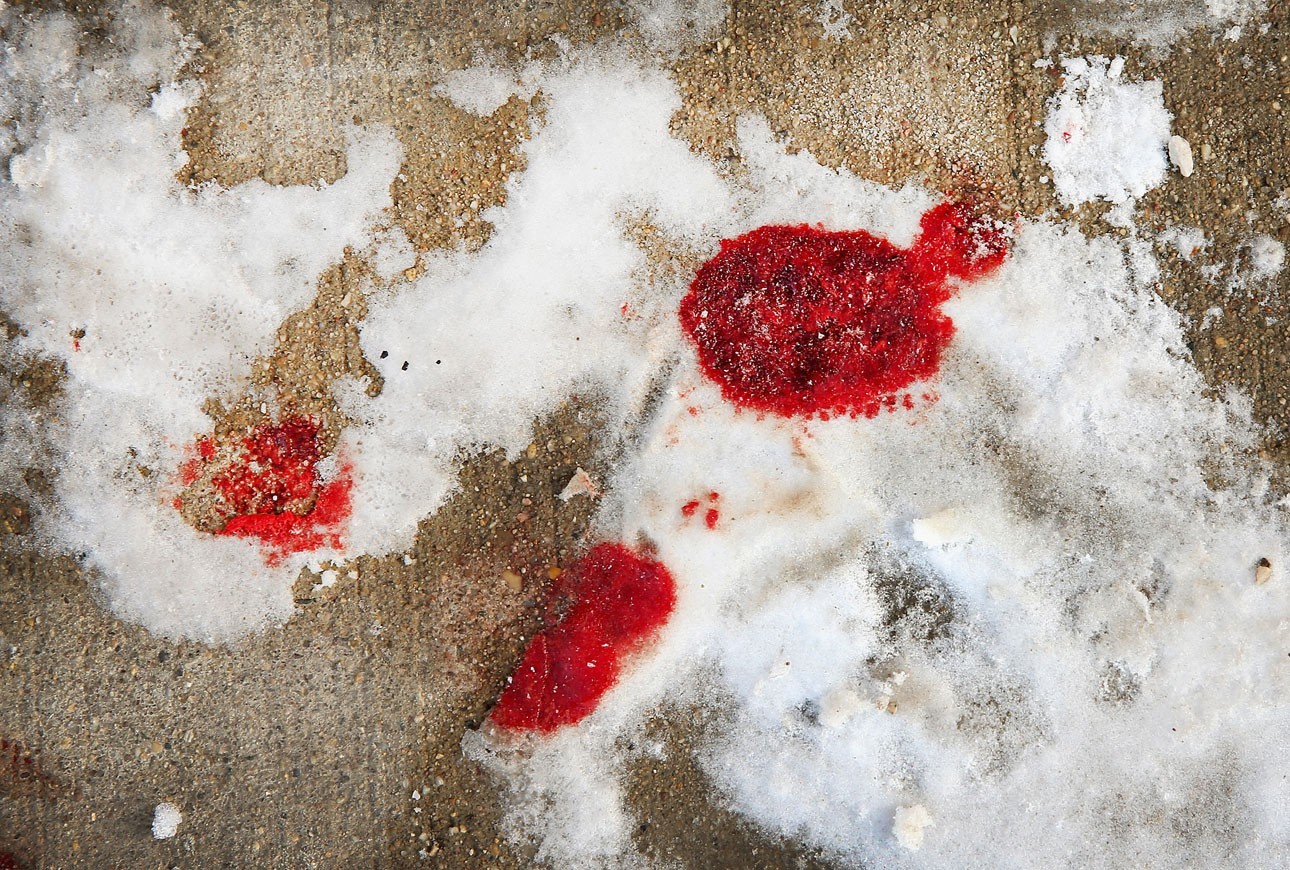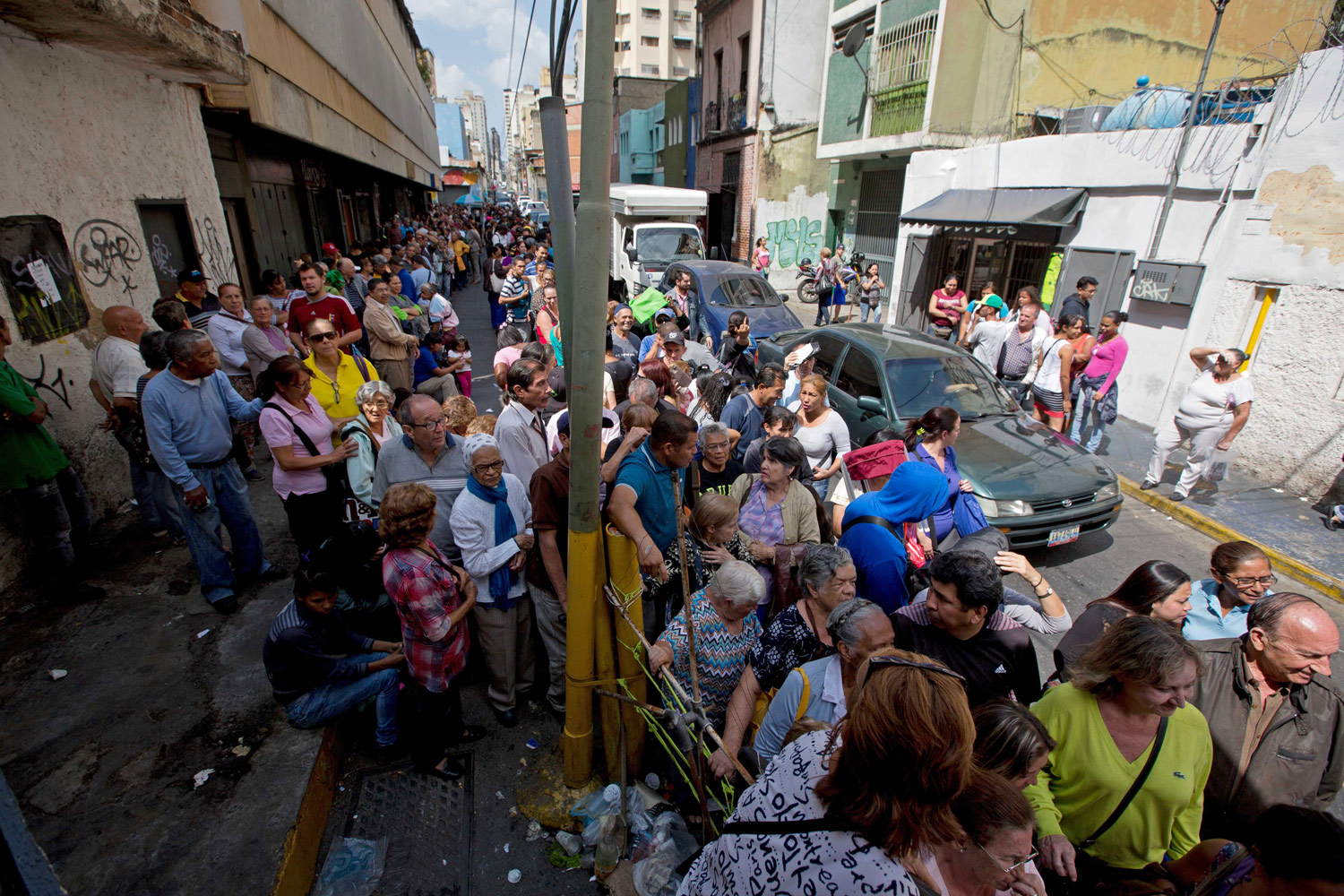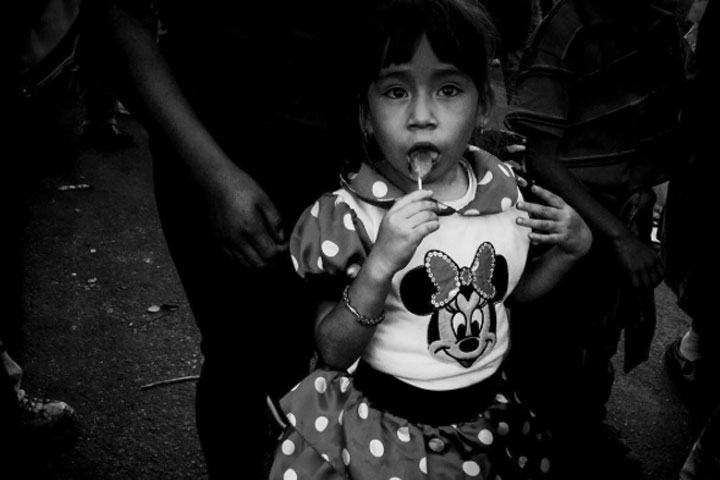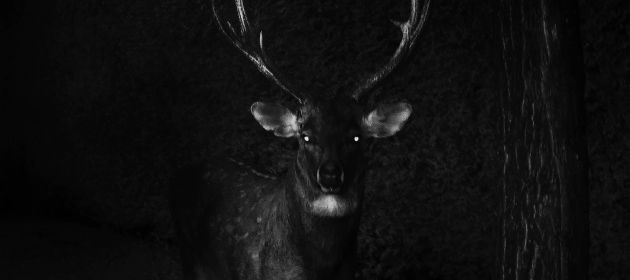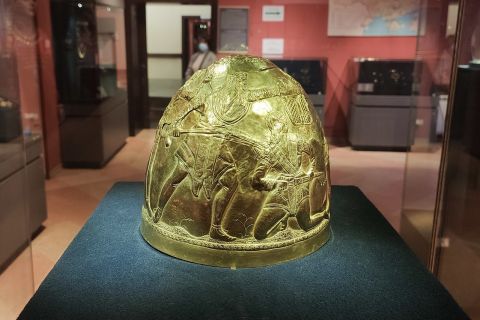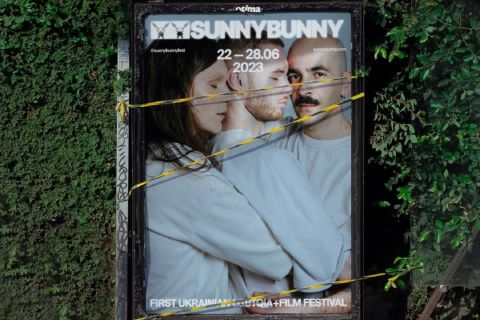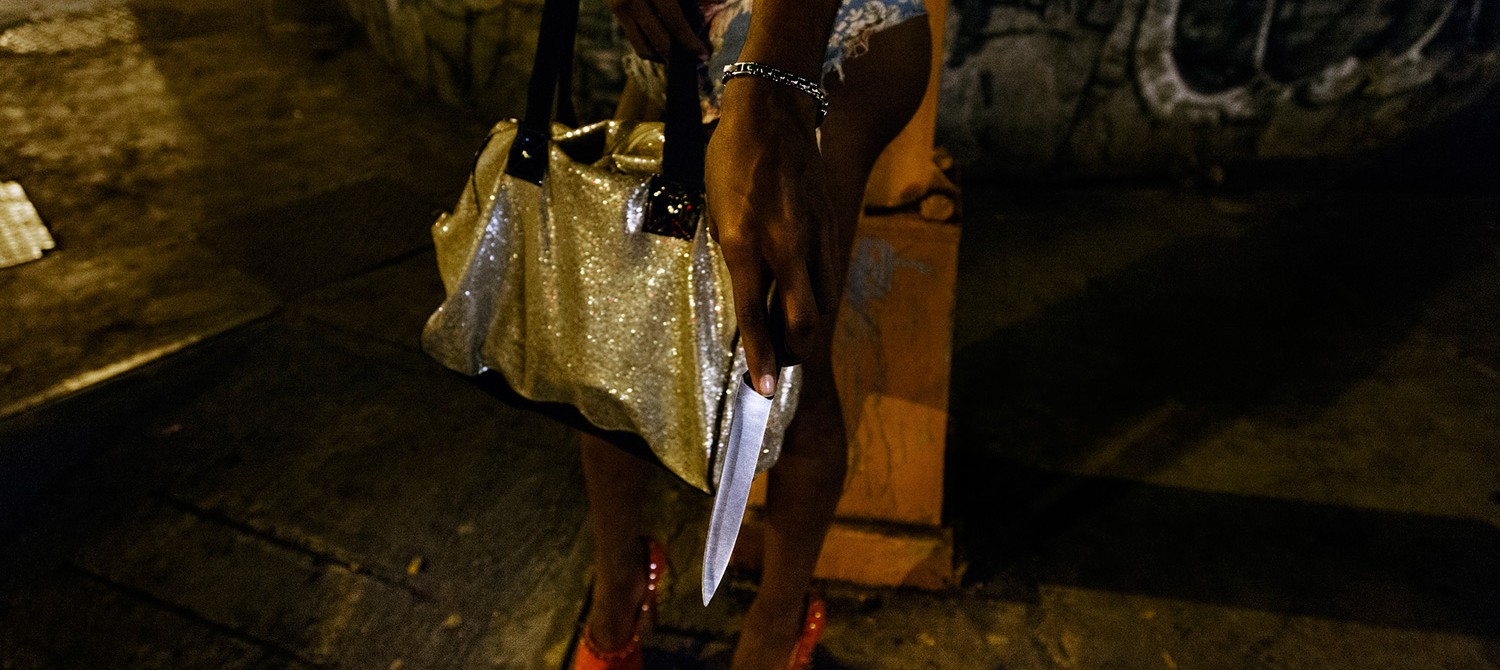
Lost Paradise: The Faces of Venezuelan Gangs
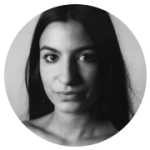
Photographer, journalist. Was born and lives in Caracas, Venezuela. Works with Venezuelan online media outlets Tal Cual, Efecto Cocuyo, and Contrapunto. Paraíso Perdido (Paradise Lost) project is about Caracas, its street gangs, and its growing crime scene. It has been an ongoing project since 2012.
Caracas is my native city. Ever since I was born, things have been going a bit downwards — but it has indeed gotten worse in the last three years. Violence has multiple causes, among them is the economic crisis, but also I believe that it happens because the situation is getting out of the control of the authorities. Crimes go without punishment here, and it is also a very important factor in what has been going on.
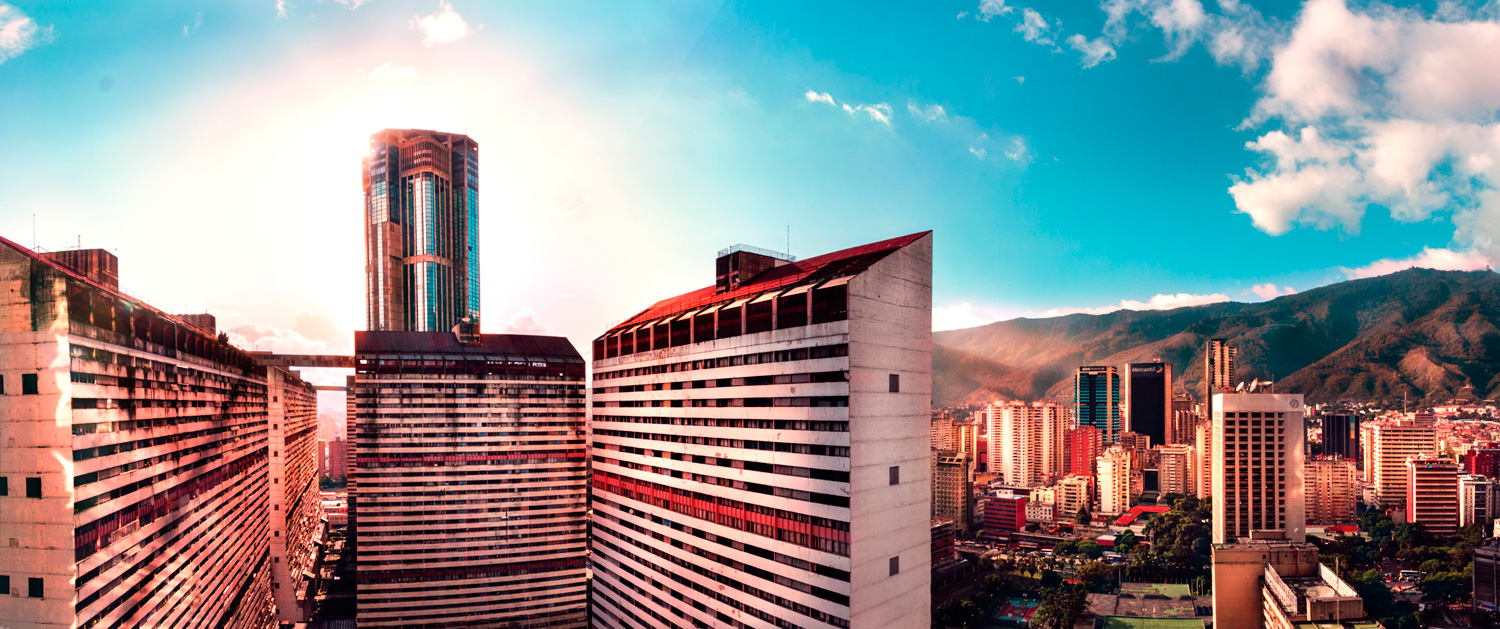
Political Crisis
In 2012, Maduro government started a campaign against street violence. The efforts have proven insufficient to contain the situation, just because it has been a very violent approach to violence. The issues are more profound than that. You can’t just go out and kill all of the gang members, because violence rates are so high that you will have to kill maybe half of the population.
In 2014, I made a report about demonstrations in a town on the border with Colombia: a police officer shot a 14-year-old protester in the head, and this has caused further unrest. This is the only case that has received broad news coverage. However, police officers do shoot the gang members, and then cover up when cleaning the murder scenes, by planting extra guns there, and claiming it was an internal confrontation between the gangs.
Before in uptown you would find mini-gangs that confronted each other, but in the last two or three years they get together and unite, so they gain control over more neighborhoods in the city. The things I know about gang life: you are a member for life, and you have no right to steal in your neighborhood. Everybody belongs to a gang nowadays, it is very rare to find someone who works on their own.
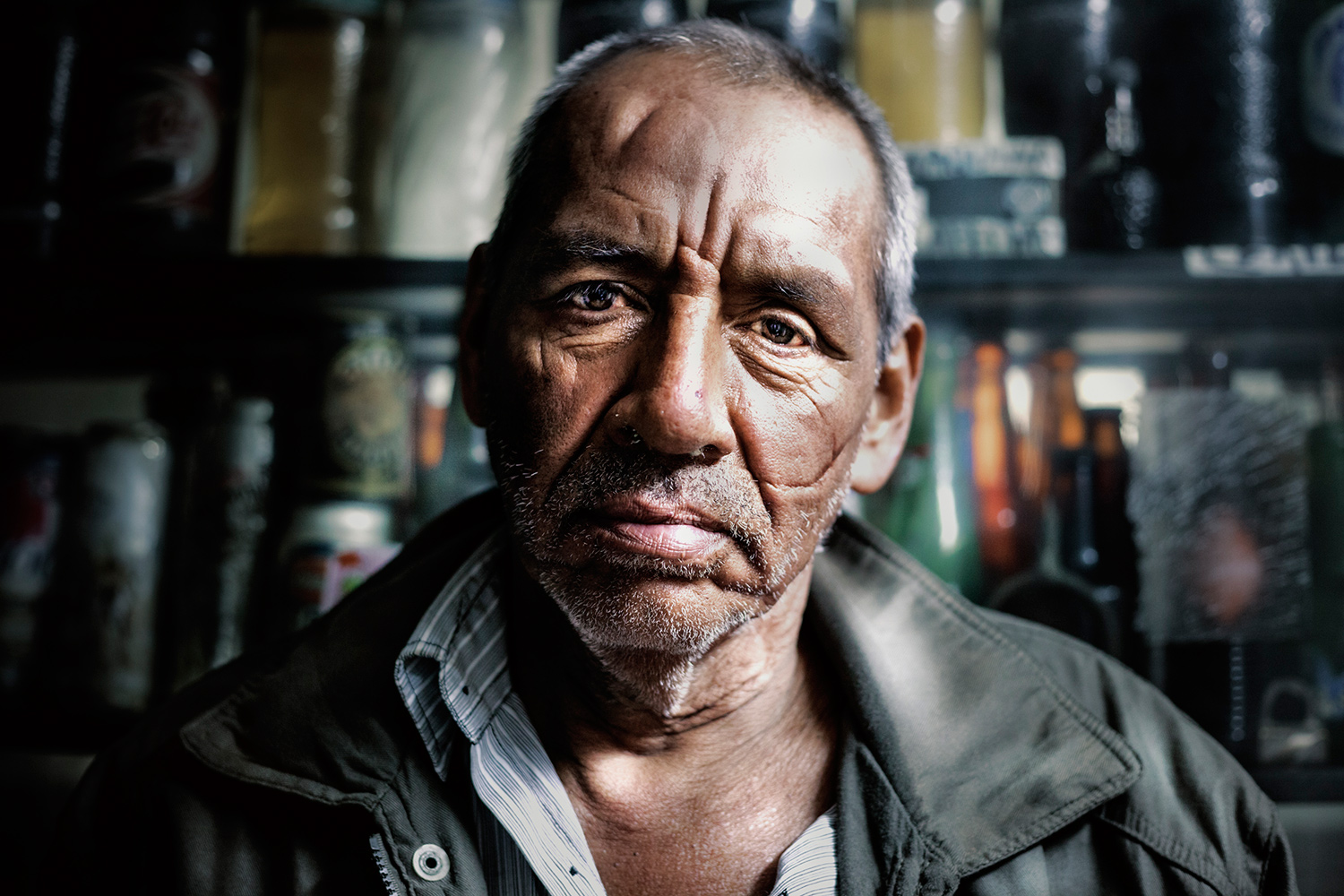
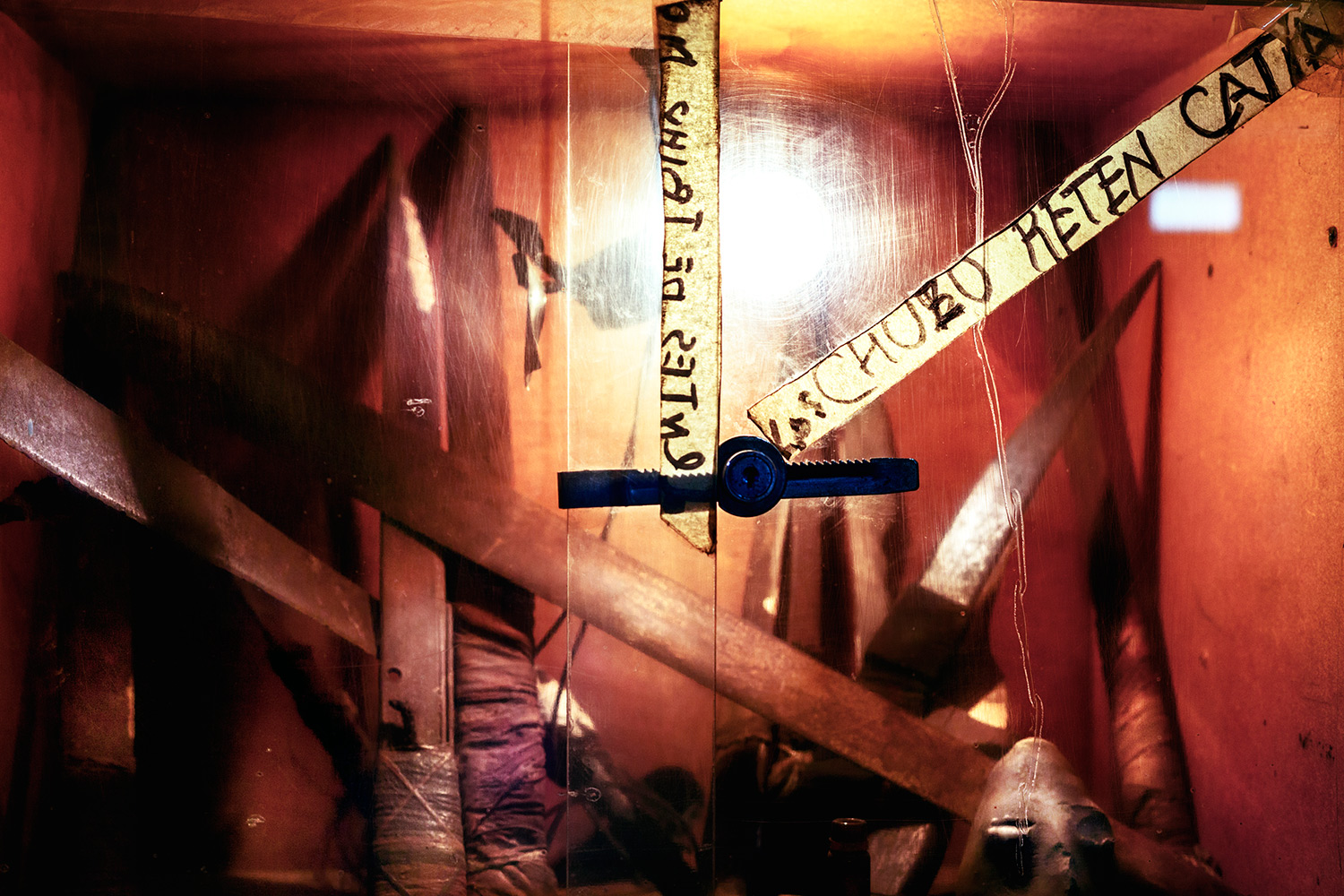
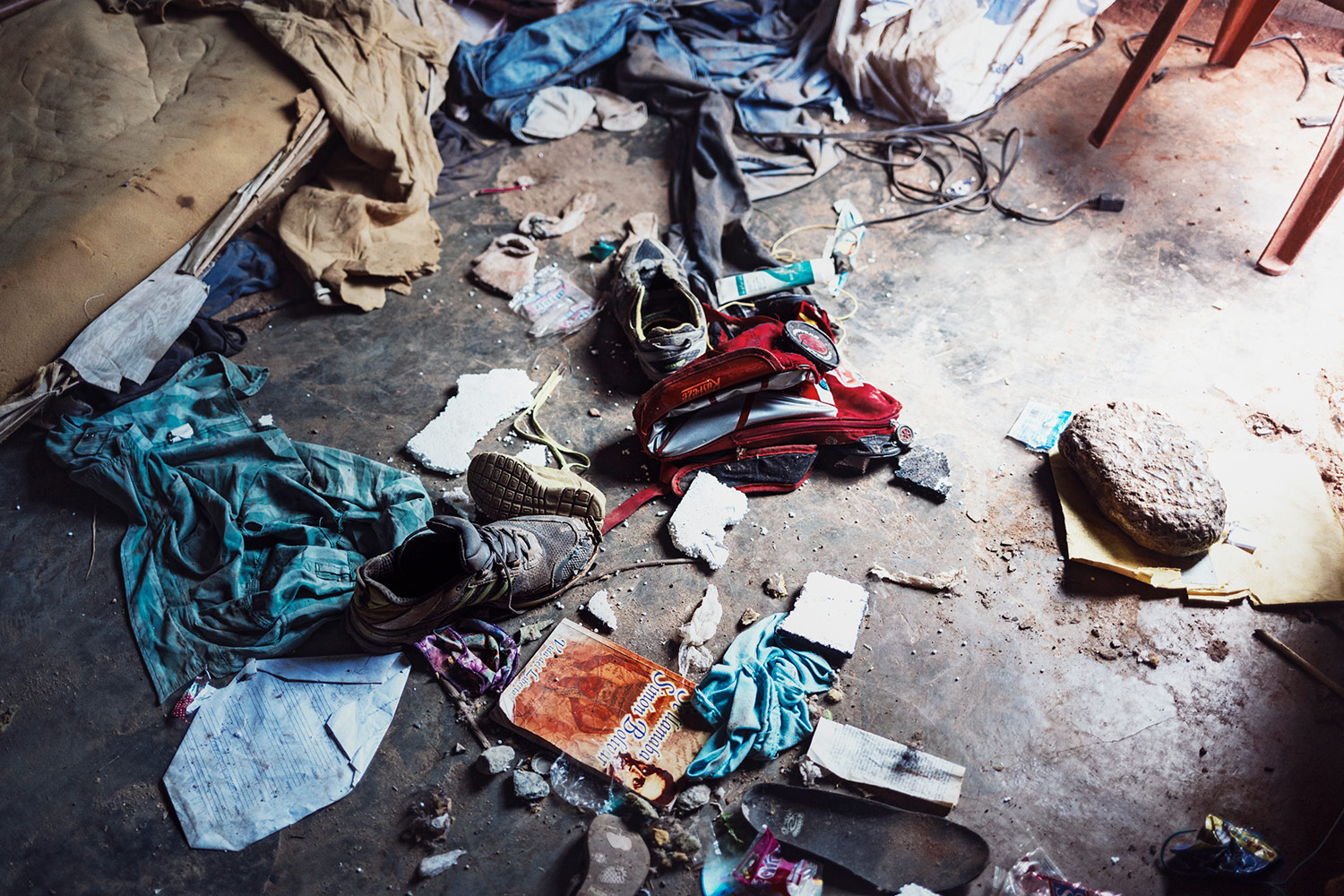
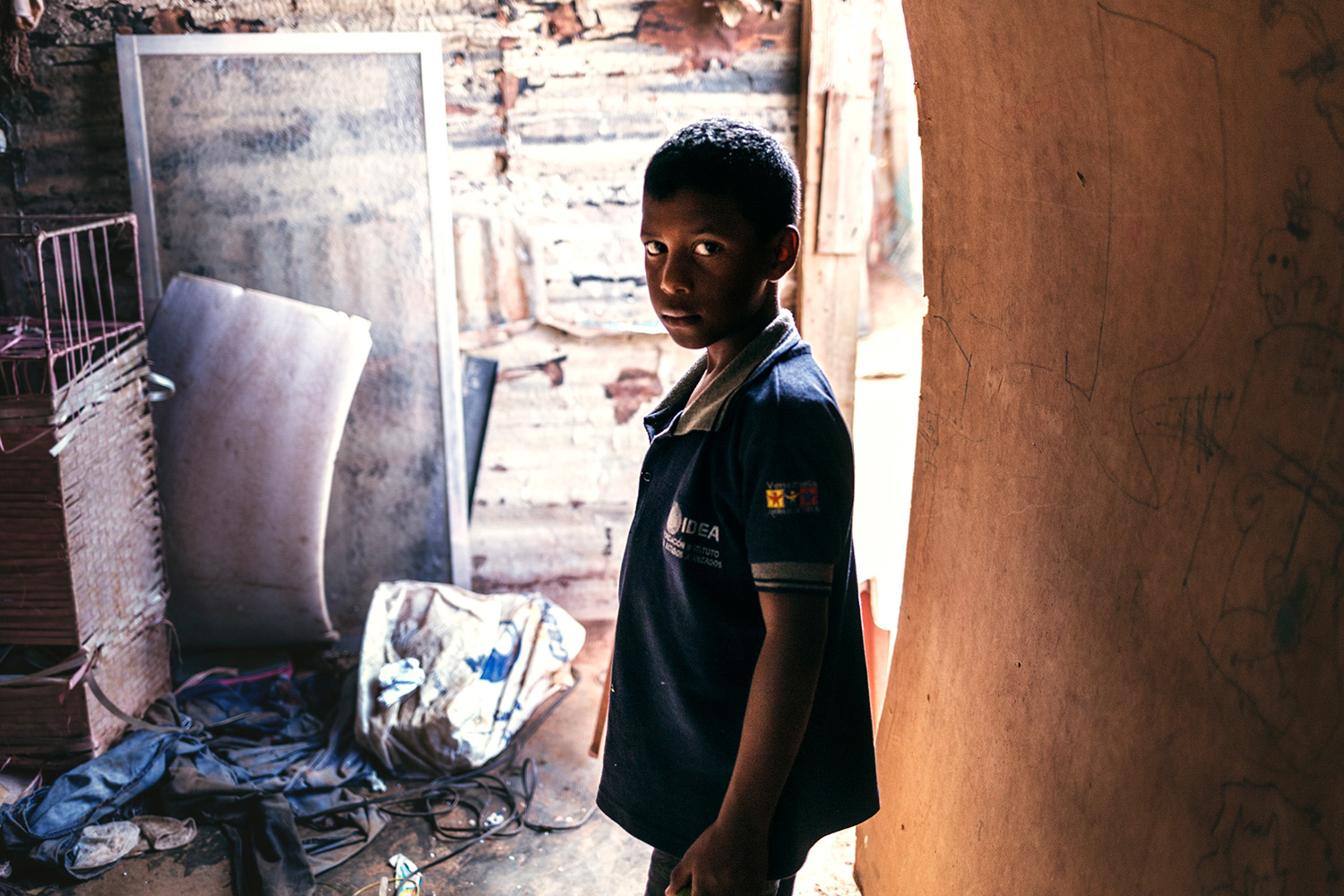
Economic Downfall
I interviewed some heavy criminals from the city, and they asked me how much I earned. I told them that I’m a journalist and I earn the minimum wage. “For how long did you study?”, — they continued. — “Five years.” “Listen, girl, I never studied, but I have plenty of money. What is education for?” I think if you could help people make a proper living with education, they would definitely choose another path, because gang life is very harsh. I mean, gangsters normally are not older than 25 years old. Life is short in the streets of Caracas.
When Chavez rose to power, one of the big discussions they had was that we needed as a country to diversify our economy. And in the 15 years that have passed since, although a lot was said, nothing was done. It turned out that the country wasn’t ready for changes in the oil market. We used to have a little bit of income from cacao and coffee. And we have very fertile lands, so I think we did not exploit this opportunity to the best of its capacity. It all got left behind, and currently I believe that 96% of our economy depends directly or indirectly on oil income.
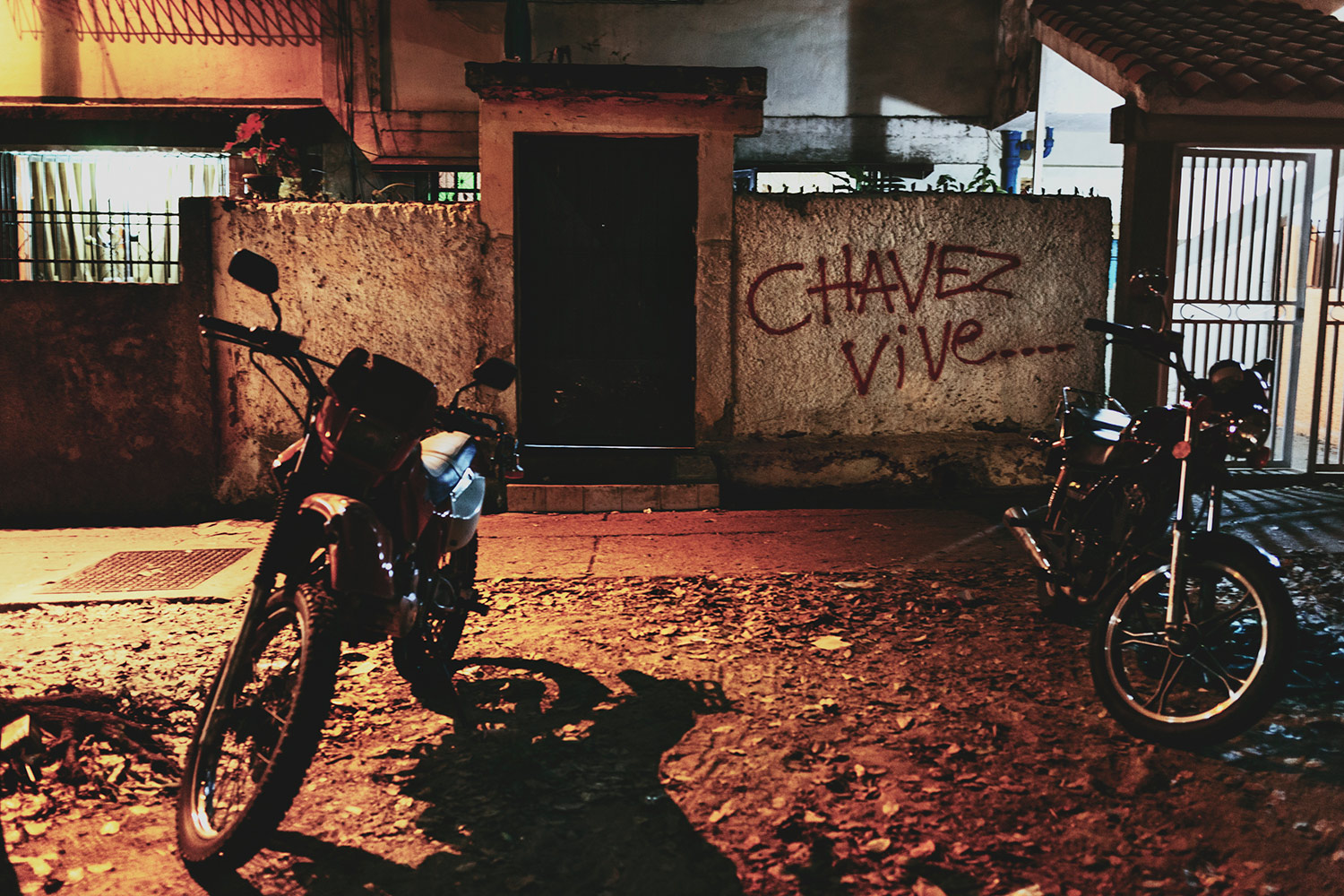
Fear and Loathing
I had to go to one of the slums and get a temporary job preparing hot dogs for almost a month, so that the people there gained a little bit of trust to me and got to know me, and understood I am not there to judge them or get them in trouble. They knew I was a journalist and a photographer, but because I was there making them hot dogs and listening to their side of the story, they learned to trust me. This trust was hard to gain, as nobody wanted to die because I took a picture of them. But I was not working undercover, I had to open up first, so they would open up afterwards. I was neither manipulating them nor pretending.
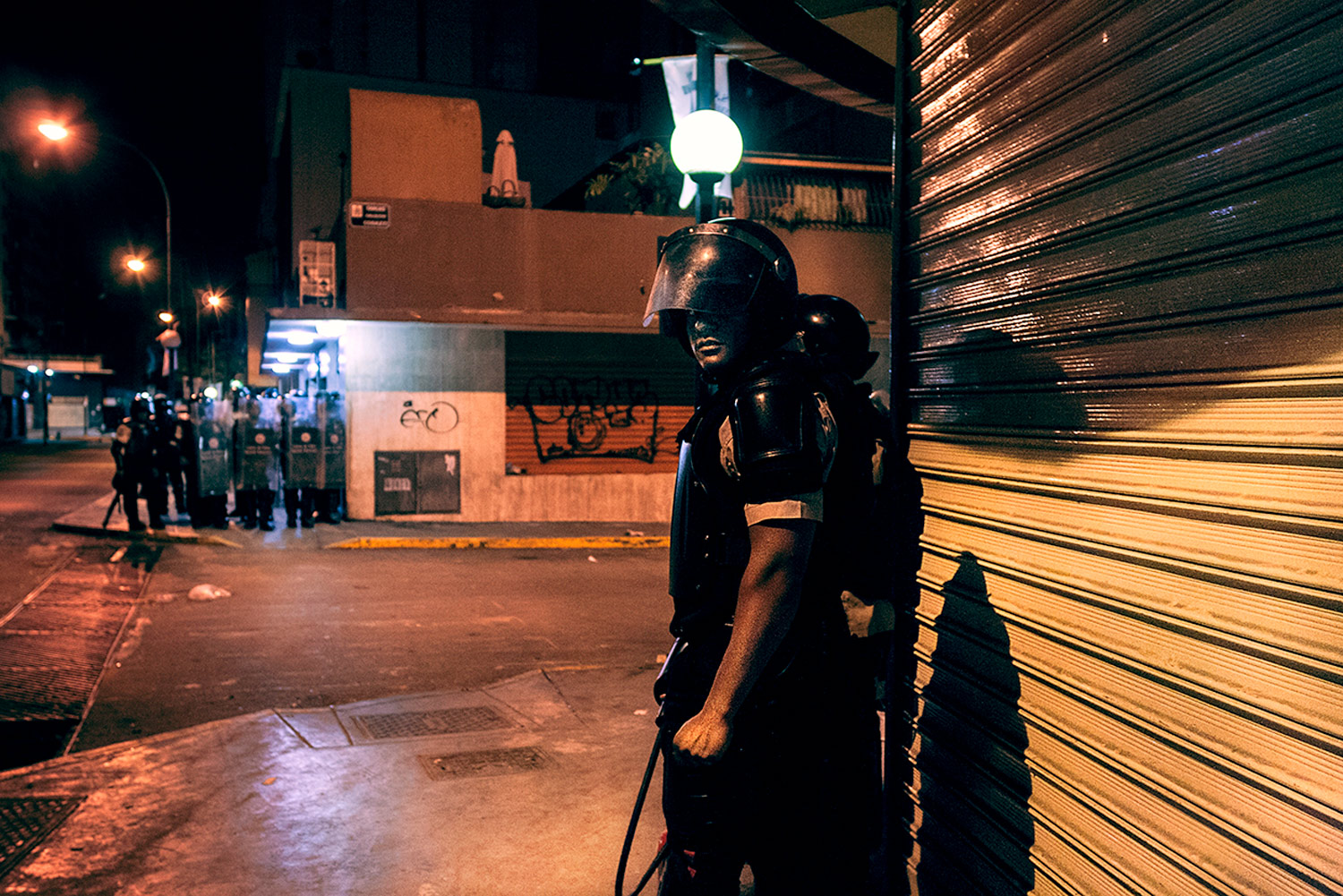
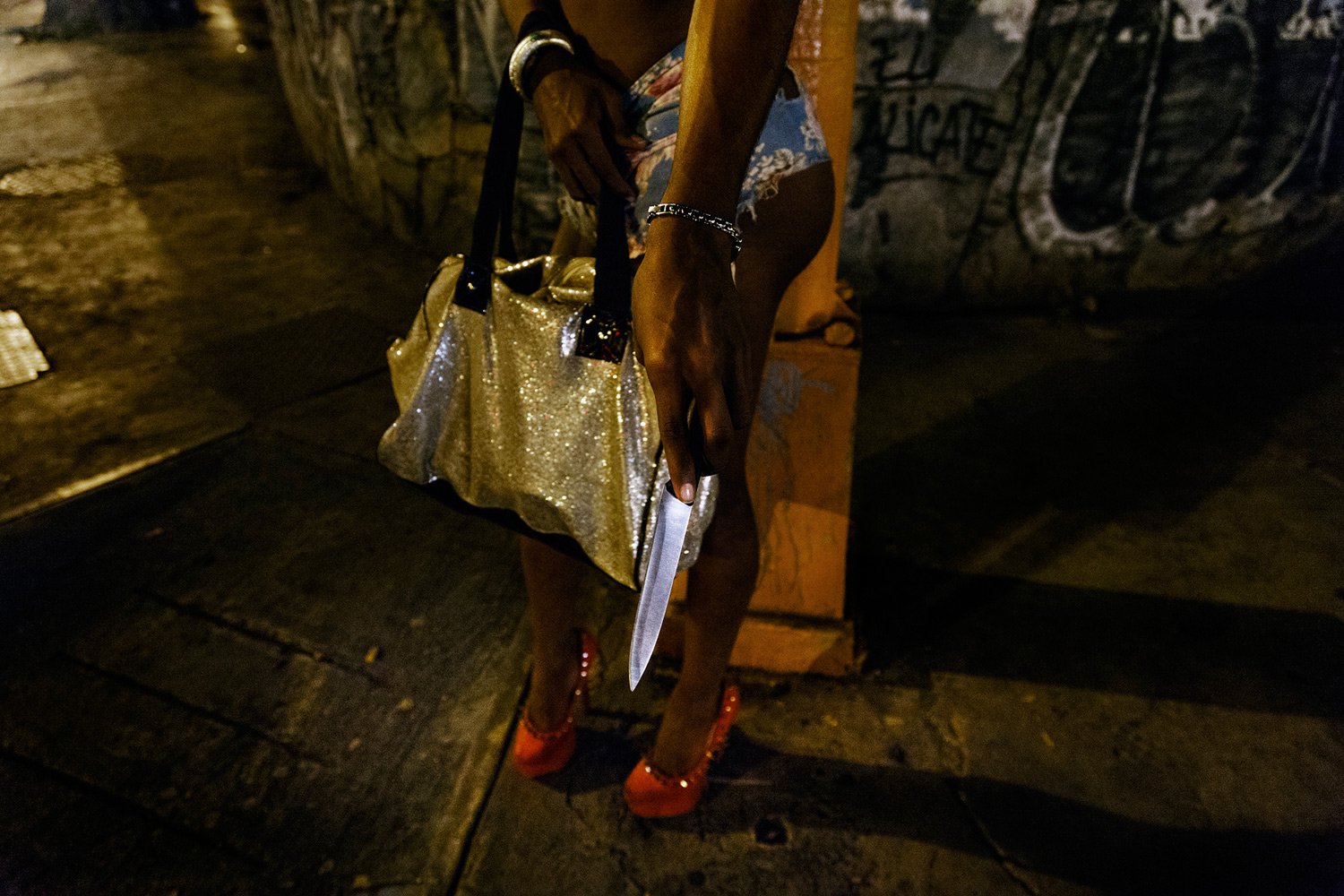
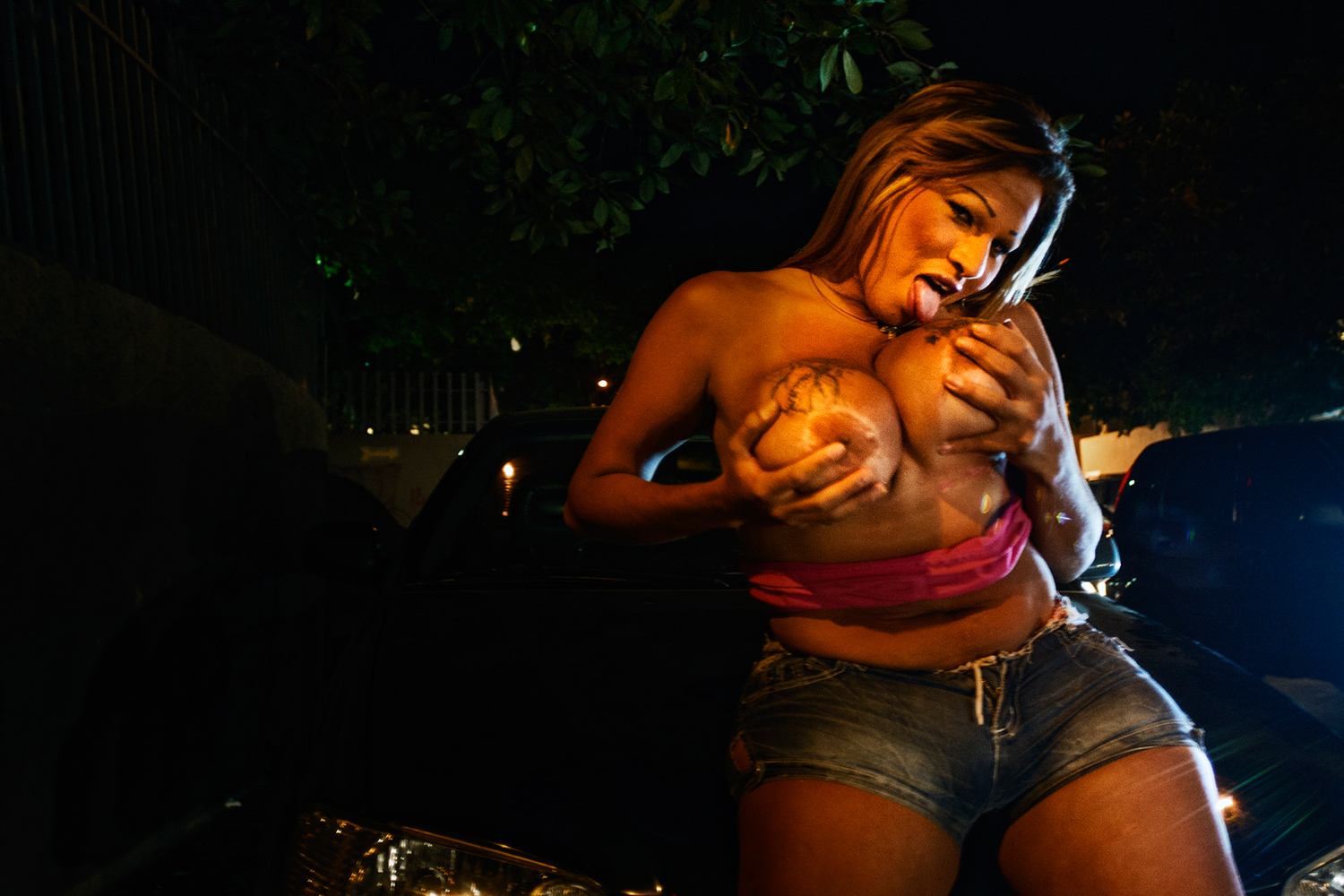
According to estimate done by the Venezuelan Violence Observatory, 28,000 people died because of street violence last year. If they had another chance, most of them would take it another way. I do understand where these people come from in their anger, and I understand that social justice needs to come to them from the outside, probably from politicians: they are at the point where they cannot break the cycle themselves. The police perform extrajudicial executions, and the society kind of approves it. People don’t see it as a bad thing, they don’t take human rights into consideration. We are very close to anarchy, it scares me.
I have many friends who they are very judgemental about gang members, but have never spoken to anyone of them. After working on this project for several years, at the end, I have found that we are not that different: it is circumstantial. I hope that my photographs help people see other people, and understand that if we have a little bit more empathy for one another, maybe we wouldn’t have to depend entirely on the government to fix our social problems.
